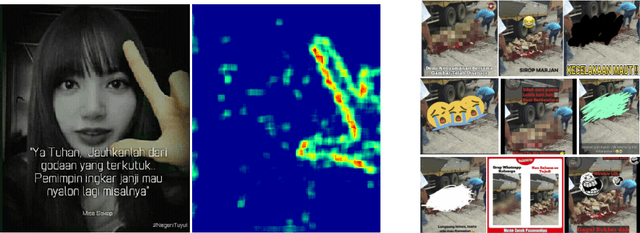Trenton W. Ford
ReasonPlanner: Enhancing Autonomous Planning in Dynamic Environments with Temporal Knowledge Graphs and LLMs
Oct 11, 2024Abstract:Planning and performing interactive tasks, such as conducting experiments to determine the melting point of an unknown substance, is straightforward for humans but poses significant challenges for autonomous agents. We introduce ReasonPlanner, a novel generalist agent designed for reflective thinking, planning, and interactive reasoning. This agent leverages LLMs to plan hypothetical trajectories by building a World Model based on a Temporal Knowledge Graph. The agent interacts with the environment using a natural language actor-critic module, where the actor translates the imagined trajectory into a sequence of actionable steps, and the critic determines if replanning is necessary. ReasonPlanner significantly outperforms previous state-of-the-art prompting-based methods on the ScienceWorld benchmark by more than 1.8 times, while being more sample-efficient and interpretable. It relies solely on frozen weights thus requiring no gradient updates. ReasonPlanner can be deployed and utilized without specialized knowledge of Machine Learning, making it accessible to a wide range of users.
MEWS: Real-time Social Media Manipulation Detection and Analysis
May 13, 2022


Abstract:This article presents a beta-version of MEWS (Misinformation Early Warning System). It describes the various aspects of the ingestion, manipulation detection, and graphing algorithms employed to determine--in near real-time--the relationships between social media images as they emerge and spread on social media platforms. By combining these various technologies into a single processing pipeline, MEWS can identify manipulated media items as they arise and identify when these particular items begin trending on individual social media platforms or even across multiple platforms. The emergence of a novel manipulation followed by rapid diffusion of the manipulated content suggests a disinformation campaign.
 Add to Chrome
Add to Chrome Add to Firefox
Add to Firefox Add to Edge
Add to Edge